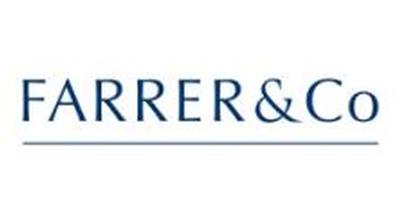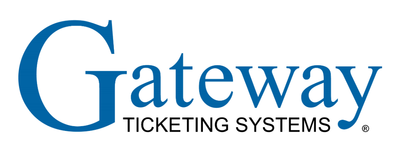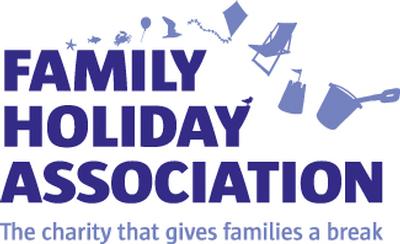Policy
Training
Low skilled employees receive less training than highly skilled employees and many businesses, particularly small and micro businesses are reluctant to train, citing as chief constraints time, costs and the impact on the remaining staff. The result is that the industry lacks an on-going source of well-trained staff.
Those businesses that do wish to invest in their staff through training continue to find that many of their competitors prefer simply to poach their staff instead.
ALVA supports the call by the Tourism Alliance, the CBI and the TUC for well-targeted tax credits to provide financial incentives to help boost training and retention. Tax credits should be available:
- for employers involved in basic skills education
- for employers providing support for employees to achieve their first vocational level 2 qualification
- for small enterprises striving to obtain the IiP standard
There should also be incentives for individuals.
Tourism, hospitality and leisure as a whole wish to help enhance the employability of those with low levels of qualifications.The sector is well placed to help the Government deliver on its social inclusion agenda and also in reducing unemployment, particularly amongst young people.
The industry responded positively to the Government's call to create a Sector Skills Council for Hospitality, Leisure, Travel and Tourism. To this end People 1st was formed to provide a central, over-arching view of workforce needs throughout the UK and to reduce the skills gap and shortages in the industry and to increase productivity and workforce development.





















on Facebook
on Twitter